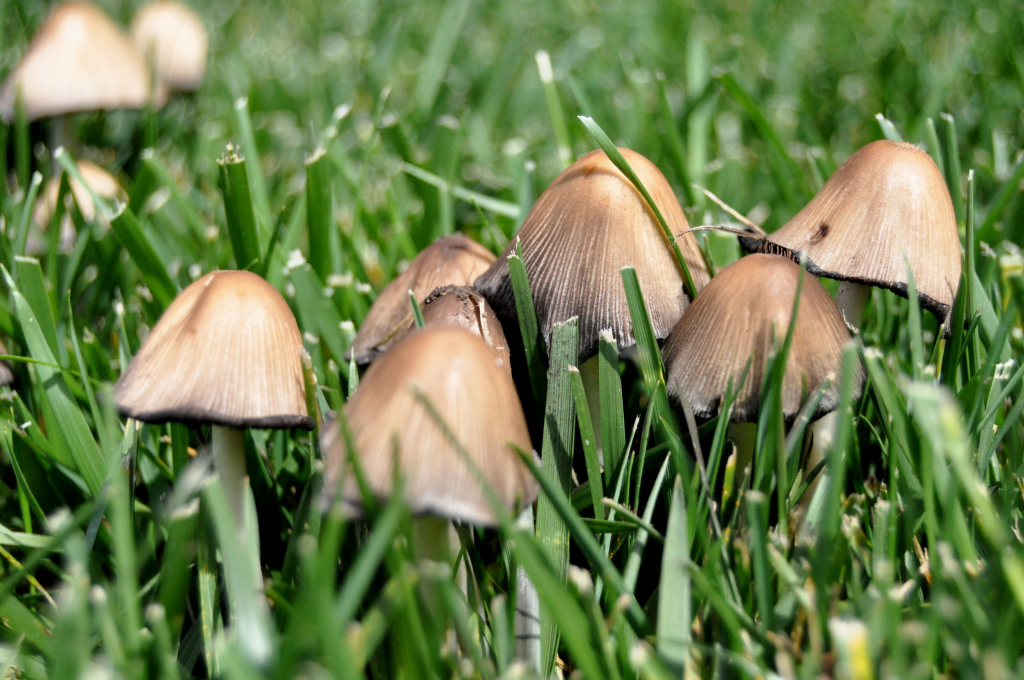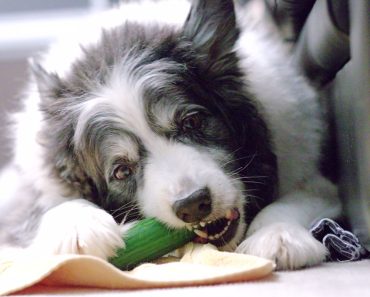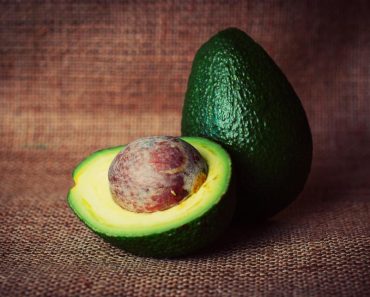Fungi are a huge and diverse group of organisms. Some mushrooms are delectable and nutritious, while others are highly toxic. The most important thing to keep in mind is whether or not it’s safe for your pet.
Can dogs eat mushrooms from the grocery store? Although it is not recommended, the answer is usually yes. Dogs can consume most commercially available mushrooms. Canned, cremini, portabella, and shiitake mushrooms are some examples of these.
Although some mushrooms are as deadly to dogs as they are to people, they tend not to be sold in regular grocery stores. If you and your dog enjoy foraging or trekking in the woods, don’t let your pet eat anything they discover along the way. The question, “Can my dog eat wild mushrooms?” has a straightforward answer: no. If your dog ingests a wild mushroom, contact your veterinarian or a pet poison control centre right away. Before giving your dog any new meals, always get permission from your veterinarian.

Health Benefits of Mushrooms for Dogs
What should we do now that we’ve discovered that dogs can eat mushrooms? you might be wondering. While mushrooms have health benefits for humans, they are completely indigestible to dogs. There’s no need to offer your dog mushrooms.
What Should I Do If My Dog Ingests a Mushroom?
If it’s a commercially prepared mushroom, your dog should be able to digest it without difficulty. If you’re wondering if dogs can eat baby Bella mushrooms or pizza mushrooms, the answer is yes.
Can Dogs Eat White Mushrooms?
Yes, white mushrooms—also known as table, button, champignon, or common mushrooms—are frequently safe to eat for dogs. There’s no need to feed them to your dog.
Can Dogs Eat Cooked Mushrooms?
Store-bought mushrooms are fine for your dog to consume—raw or cooked—as long as they’re unseasoned. They shouldn’t be offered up if they’re common, unseasoned store-bought fungus. The issue with some prepared mushrooms isn’t the texture or consistency; it’s the substances added throughout cooking, starting with butter and oil, which add unnecessary fat to the diet. If they were cooked in garlic or onions, your pet has a considerably bigger concern because both contain lethal quantities of histamine.

What Should I Do If My Dog Eats a Mushroom in My Yard?
Is it possible for dogs to consume mushrooms they find growing in the garden? For some wild creatures, certain mushrooms are nutritional gold mines. Others are both poisonous and deadly to people and dogs.
Contact your veterinarian or an animal poison control centre immediately if your dog eats a wild mushroom that you can identify. If you’re not sure what it is, call anyhow for guidance on how to proceed. Grab a sample of the fungus if your dog is behaving strangely after being outside and the only concern you have is a mushroom patch in your yard. Vomiting, diarrhea, excessive drooling, tiredness, staggering gait, and abdominal pain are some of the symptoms of mushroom poisoning. Seizures, coma, liver failure, abdominal discomfort, and death are additional serious outcomes of mushroom poisoning that must be attended to as soon on as possible if your dog has ingested wild mushrooms.
Take some time to become familiar with the most prevalent wild mushrooms in your region so you can tell which ones are poisonous to dogs in a matter of seconds. The adverse effects of many poisonous mushrooms include severe stomach upset, but some fungi, such as fly agaric and death cap mushrooms, can cause a painful and sudden death.
Do Mushrooms Make Dogs Sick?
Yes, some mushroom varieties can induce a wide range of illnesses in your pet. Some mushrooms are appreciated snacks by many forest animals, but others are poisonous. This includes the amanita phalloides—also known as death cap—and the amanita muscaria, commonly known as the fly agaric or deadly agaric.
If you believe your dog has eaten a poisonous wild mushroom and/or they have vomiting, diarrhea, or excessive drooling after contact, hurry them to a veterinarian as soon as possible or call pet poison control right away. Try to bring a sample of the mushroom ingested with you so that your veterinarian can determine the best treatment for your pet.





